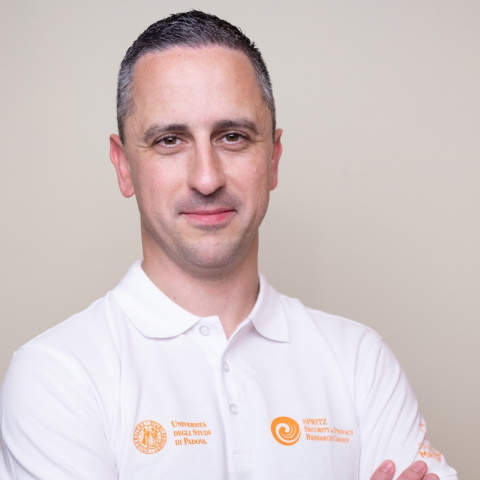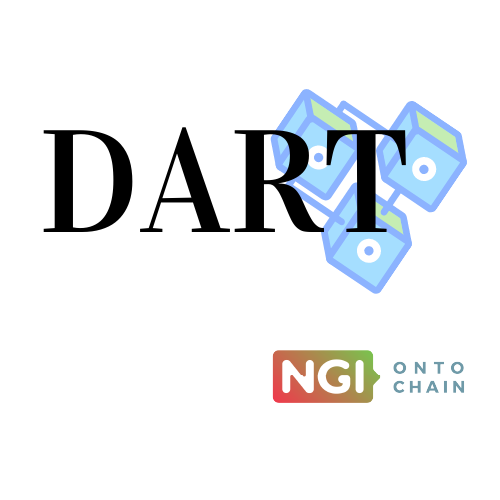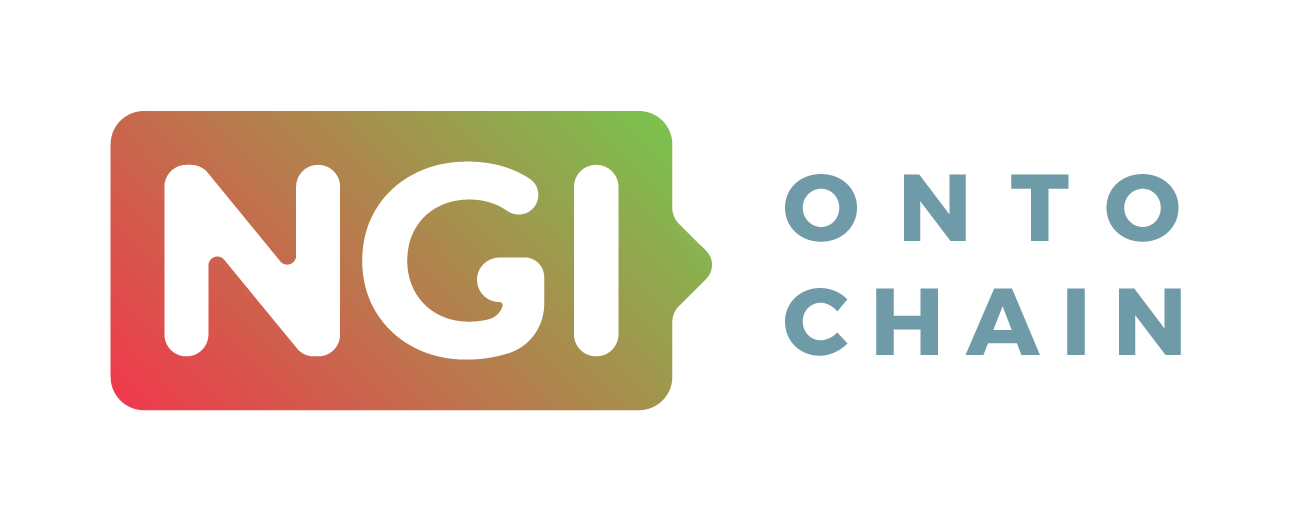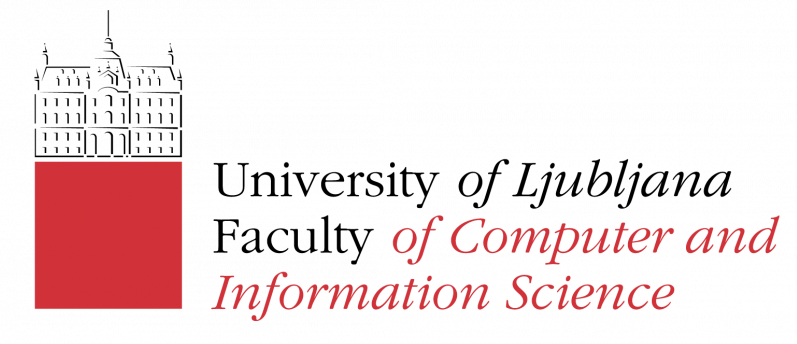With off-chain data management comes the need to provide two simultaneous answers: content-providing users require a level of privacy, while at the same time end-users need a significant trust level on the withdrawn data.
In this interview, Mauro Conti explains how DART project is addressing this challenge.

Could you please introduce yourself?
My name is Mauro Conti. I'm a Full Professor in Computer Science at University of Padua.
My research interest is in security and privacy for wireless resource-constrained mobile devices; computer system security; computer forensics; access control; distributed and networked systems.
I’m the founder and PI of SPRITZ - Security and Privacy Research Group, based in University of Padua, but enjoying collaborations with top researchers from the most worldwide renowned Universities and Research Institutes. My Group currently involves more than 50 people, including Assistant Professors, Postdocs, PhD students and several MSc and BSc students doing projects in my team.
I’m also the Study Program Coordinator of a new MSc Degree in Cybersecurity at University of Padua.
How did you hear about ONTOCHAIN?
Actually, I’ve been scouted by EU Projects Manager Miguel Gonçalves. Beside this, also the International Research Office of my University did inform me about this opportunity.
What motivated you to apply?
It seemed to be a challenging but rewarding opportunity, which I felt to seize since the topic fits well to my field of expertise and along with my group. I am already involved in EU and international projects, which study coordinator-less consensus protocols validation, aim to design and analyse efficient and secure reputation systems and to provide trusted distributed platform, allowing the storage of metadata in a blockchain.
How was the application process?
It was inspiring to figure the best solution to propose. We already had a wide experience in this area and being involved in some successful projects was a good starting point, but we also aimed to find out something unheard of. After envisioning our path, everything went smooth and I would say that I enjoyed applying for this project!
Can you briefly explain your project and its contribution to the ONTOCHAIN software ecosystem?
Blockchain technology will fundamentally change inter-networked systems. Although trust and security for on-chain data management has achieved significant improvements during recent years, research effort is still needed to integrate off-chain data in a scalable and reliable way. Together with off-chain data management comes the need to ensure content-providing users the required level of privacy, while at the same time providing end-users a significant trust level on the withdrawn data.
In this project, we propose a scalable distributed oracles system, in which off-chain data to be stored in Ontoblocks pass, through a consensus process autonomously handled by the involved oracles. In particular, we propose to exploit a correlation model in order to enforce trust between oracles. Based on the proposed model, we also propose a data traceability framework, in which content to be inserted in the ONTOCHAIN comes together with oracle-measured contextual information. This provides the end user a reliable system, in which products or data can be traced back to their origin.
The ONTOCHAIN project is based on a co-development process, how can you benefit from an experience like this? And what type of synergies are you eager to explore with the other selected teams?
I’m always thrilled to collaborate with committed and passionate researchers, and I’m used to conducting my research activity with a deep confrontation with my collaborators and colleagues. It will thus be a great experience, to aim for the common goal of delivering a software ecosystem for trusted knowledge management.
What are your expectations regarding the new software ecosystem that ONTOCHAIN will deliver, its contribution to the NGI priority areas, and benefits for end users?
The proposed solution enhances the automation level in the ONTOCHAIN ecosystem, as it allows to eliminate human interaction for those tasks for which a user is not motivated to contribute (see e.g., verify a temperature value). We also propose to exploit distributed oracles to provide off-chain data to enable data traceability. By merging user-generated information with context-specific sensor data, an oracle registers inside an Ontoblock information that can be verified and trusted by the end user. Due to the linked and irreversible structure of the blockchain, this allows the end user to trace back the asset to its very start. A further example is given by news sharing. In a scenario where the user issuing the news wants to keep its anonymity, linking user-generated data with context-specific off-chain data provides users a system in which reputation is not based on the issuing user identity, but instead on the evidence provided by data. Therefore, this allows for anonymous and reliable information sharing.


 This project has received funding from the European Union’s Horizon 2020 research and innovation programme under grant agreement No 957338
This project has received funding from the European Union’s Horizon 2020 research and innovation programme under grant agreement No 957338




